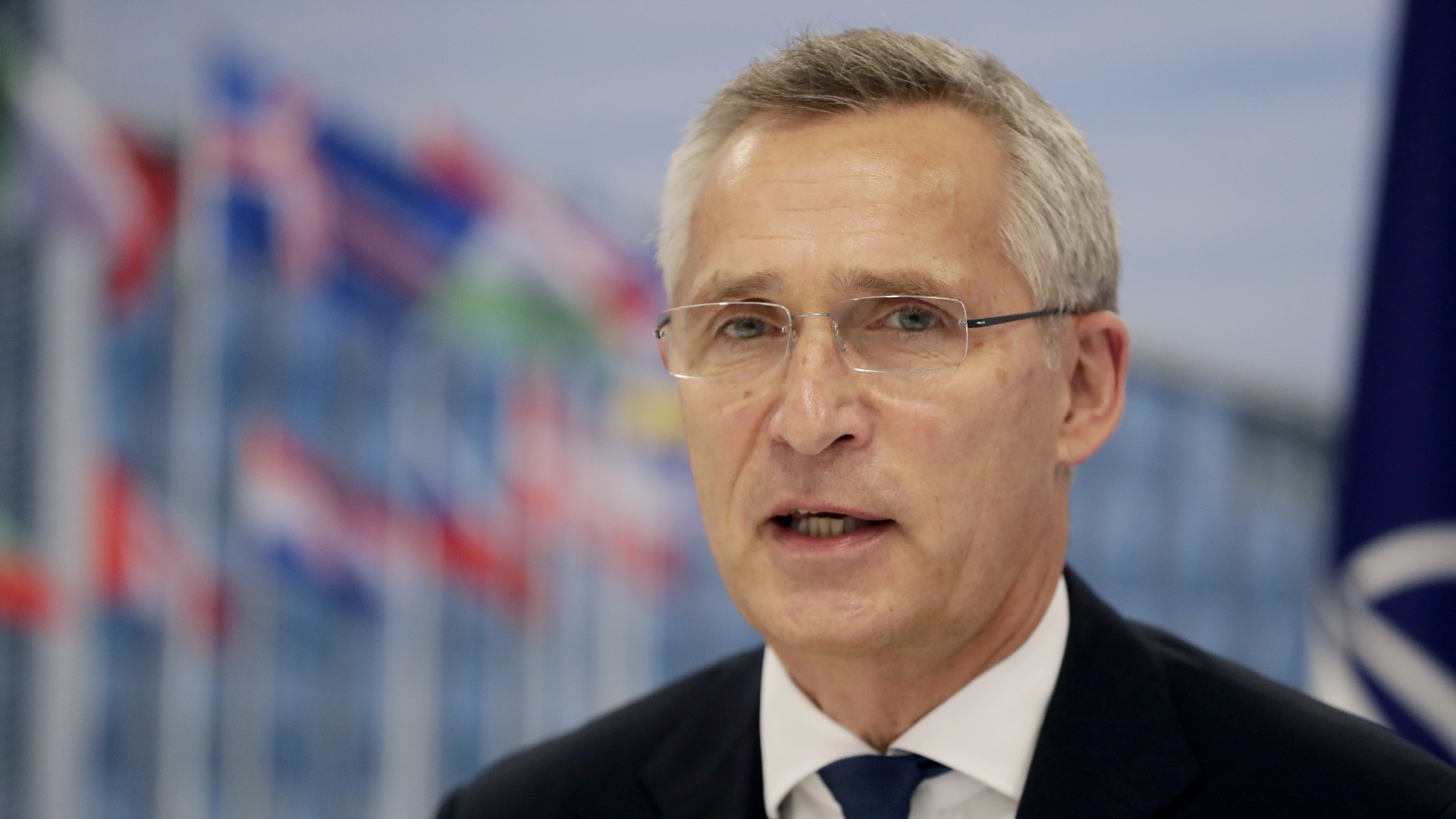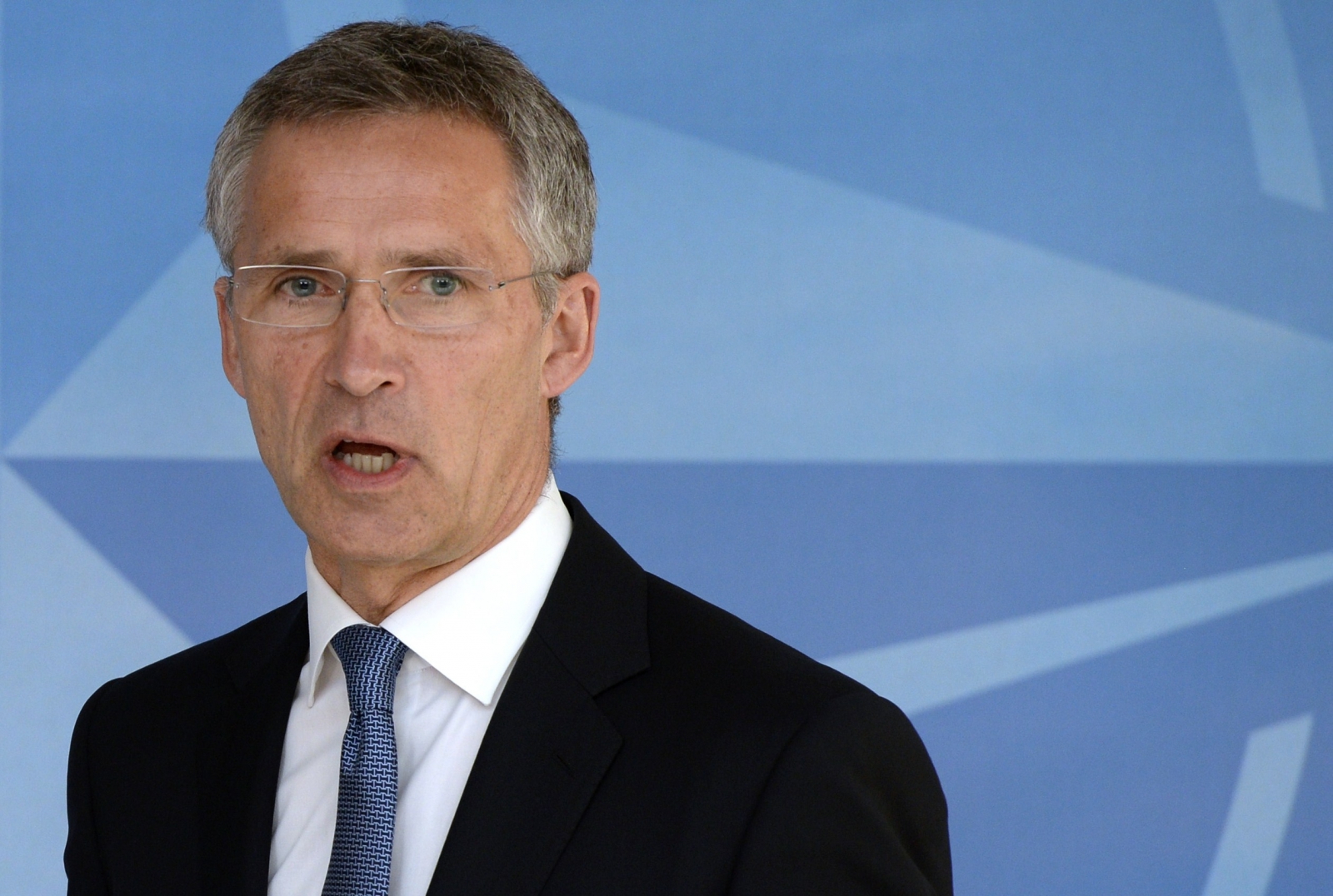Jens Stoltenberg’s Political Career

Jens Stoltenberg, a Norwegian politician, has had a distinguished career serving in various leadership roles, including as Prime Minister of Norway and currently as Secretary General of NATO.
Stoltenberg’s political journey began in 1993 when he was elected to the Norwegian Parliament. He served as Minister of Industry and Energy from 1996 to 1997 and later as Minister of Finance from 2000 to 2001. In 2000, he was elected leader of the Norwegian Labour Party.
Prime Minister of Norway
In 2005, Stoltenberg became the Prime Minister of Norway, leading a coalition government. During his tenure, he oversaw significant economic growth and implemented policies focused on social justice, education, and environmental protection. Stoltenberg’s government also played a key role in strengthening Norway’s international relations, particularly within the European Union and NATO.
One of Stoltenberg’s major achievements as Prime Minister was the introduction of a carbon tax, which aimed to reduce greenhouse gas emissions and promote sustainable development. He also played a crucial role in the Oslo Accords, a peace agreement between Israel and the Palestinian Authority signed in 2010.
Jens Stoltenberg, the NATO Secretary-General, has been vocal in his support for Ukraine. In a recent Biden ABC interview , Stoltenberg reiterated his commitment to providing military aid to Ukraine and emphasized the importance of maintaining unity within NATO.
NATO Secretary General, Jens stoltenberg
In 2014, Stoltenberg was appointed Secretary General of NATO, the military alliance of North Atlantic countries. As Secretary General, he has been instrumental in strengthening NATO’s collective defense capabilities and promoting transatlantic security cooperation.
Stoltenberg has played a pivotal role in NATO’s response to the ongoing war in Ukraine, coordinating military support for Ukraine and working to maintain unity among NATO members. He has also been a vocal advocate for increased defense spending and modernization within the alliance.
Jens Stoltenberg, the current Secretary General of NATO, has played a crucial role in shaping the alliance’s response to the ongoing conflict in Ukraine. His leadership has been instrumental in maintaining unity among member states and coordinating their efforts to support Ukraine.
Jens Stoltenberg has also been a vocal advocate for increased defense spending and strengthening NATO’s capabilities in the face of new threats.
Key Accomplishments and Initiatives
| Position | Key Accomplishments and Initiatives |
|---|---|
| Prime Minister of Norway | – Introduced a carbon tax to reduce greenhouse gas emissions. – Played a crucial role in the Oslo Accords peace agreement between Israel and the Palestinian Authority. – Strengthened Norway’s international relations, particularly within the European Union and NATO. |
| NATO Secretary General | – Strengthened NATO’s collective defense capabilities. – Promoted transatlantic security cooperation. – Played a pivotal role in NATO’s response to the ongoing war in Ukraine. – Advocated for increased defense spending and modernization within the alliance. |
NATO under Jens Stoltenberg’s Leadership

Jens Stoltenberg has served as the Secretary General of NATO since 2014. During his tenure, he has overseen a period of significant change and challenge for the alliance.
Under Stoltenberg’s leadership, NATO has undergone a major modernization effort, including the development of new capabilities and the adoption of new strategies. He has also been a strong advocate for increased defense spending among NATO members.
One of the most significant challenges that NATO has faced under Stoltenberg’s leadership has been the ongoing conflict in Ukraine. Russia’s annexation of Crimea in 2014 and its support for separatists in eastern Ukraine have led to a major crisis in relations between Russia and the West. NATO has responded to the crisis by increasing its presence in Eastern Europe and by providing support to Ukraine.
Another challenge that NATO has faced under Stoltenberg’s leadership has been the rise of China. China’s growing military power and its increasing assertiveness in the Asia-Pacific region have raised concerns among NATO members. NATO has responded to these concerns by increasing its focus on the Asia-Pacific region and by developing new strategies to deal with the challenges posed by China.
NATO’s Current Position
Under Stoltenberg’s leadership, NATO has made significant progress in modernizing its forces and adapting to the challenges of the 21st century. However, the alliance still faces a number of challenges, including the ongoing conflict in Ukraine, the rise of China, and the threat of terrorism.
Strengths
* Strong political and military cohesion among member states
* Significant military capabilities
* A proven track record of success in collective defense
Weaknesses
* Limited resources
* Differences in threat perceptions among member states
* A lack of a clear strategy for dealing with the rise of China
Opportunities
* The potential to strengthen partnerships with other international organizations
* The opportunity to develop new strategies for dealing with emerging threats
* The possibility of expanding NATO’s membership
Threats
* The ongoing conflict in Ukraine
* The rise of China
* The threat of terrorism
Jens Stoltenberg’s Role in International Diplomacy

Jens Stoltenberg has played a significant role in international diplomacy beyond his position as NATO Secretary General. He has been actively involved in promoting peace and security in Europe and beyond, engaging in mediation, conflict resolution, and international cooperation.
Efforts in Mediation and Conflict Resolution
Stoltenberg has been instrumental in mediating conflicts and facilitating dialogue between warring parties. He played a crucial role in the negotiations leading to the Minsk Agreements, aimed at resolving the conflict in eastern Ukraine. He also played a key role in mediating the 2016 NATO-Russia meeting, which sought to reduce tensions between the two sides.
International Cooperation and Partnership
Stoltenberg has emphasized the importance of international cooperation and partnership in addressing global challenges. He has worked closely with the United Nations, the European Union, and other international organizations to coordinate efforts in combating terrorism, promoting stability, and fostering economic development. He has also been a strong advocate for NATO’s partnership with countries outside the alliance, including those in the Middle East and North Africa.